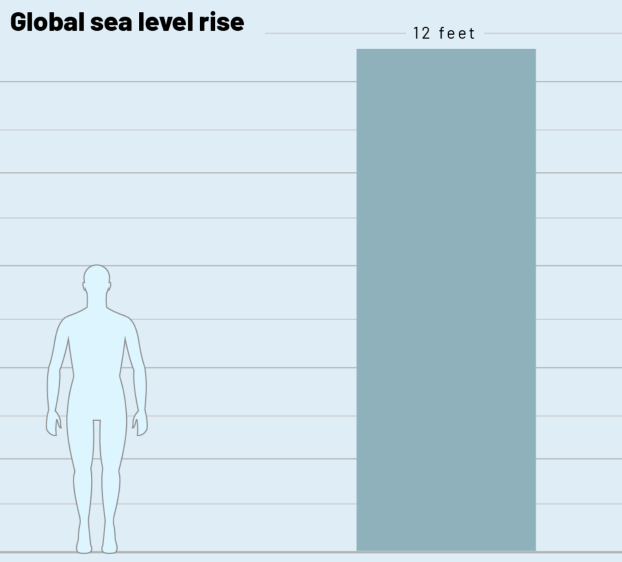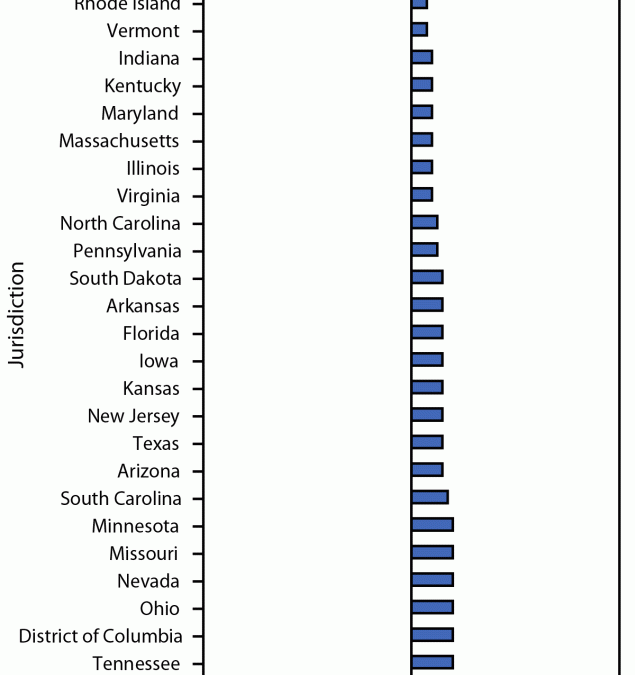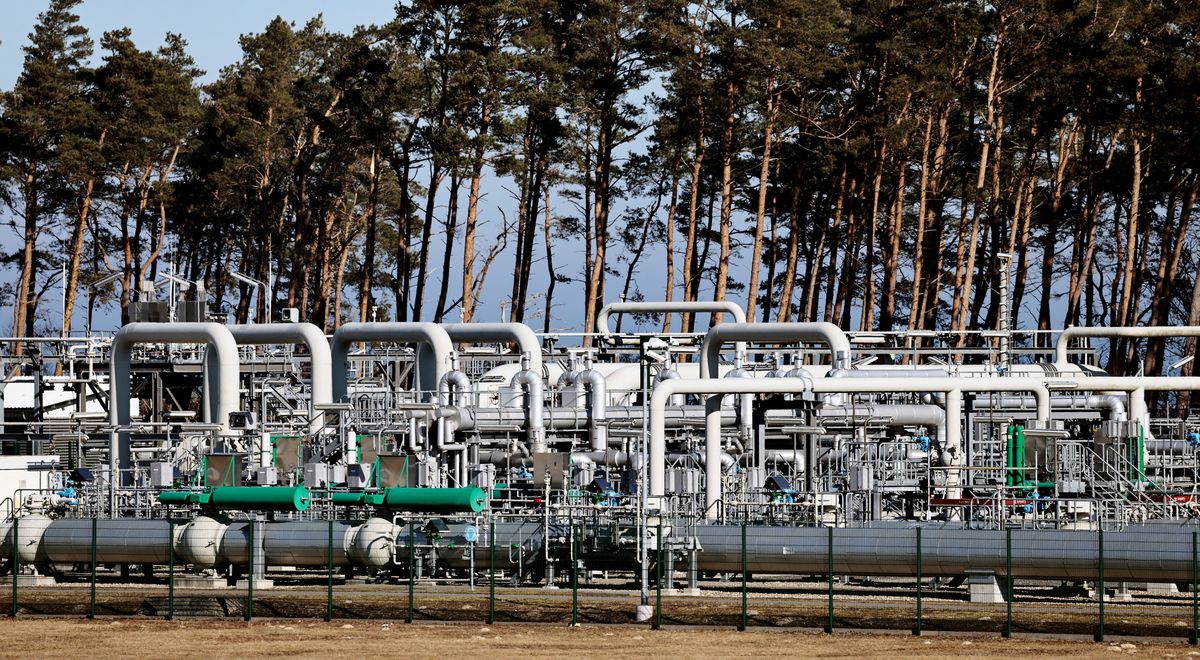Revealed: the 20 firms behind a third of all carbon emissions – “The great tragedy of the climate crisis is that seven and a half billion people must pay the price so that a couple of dozen polluting interests can continue to make record profits”
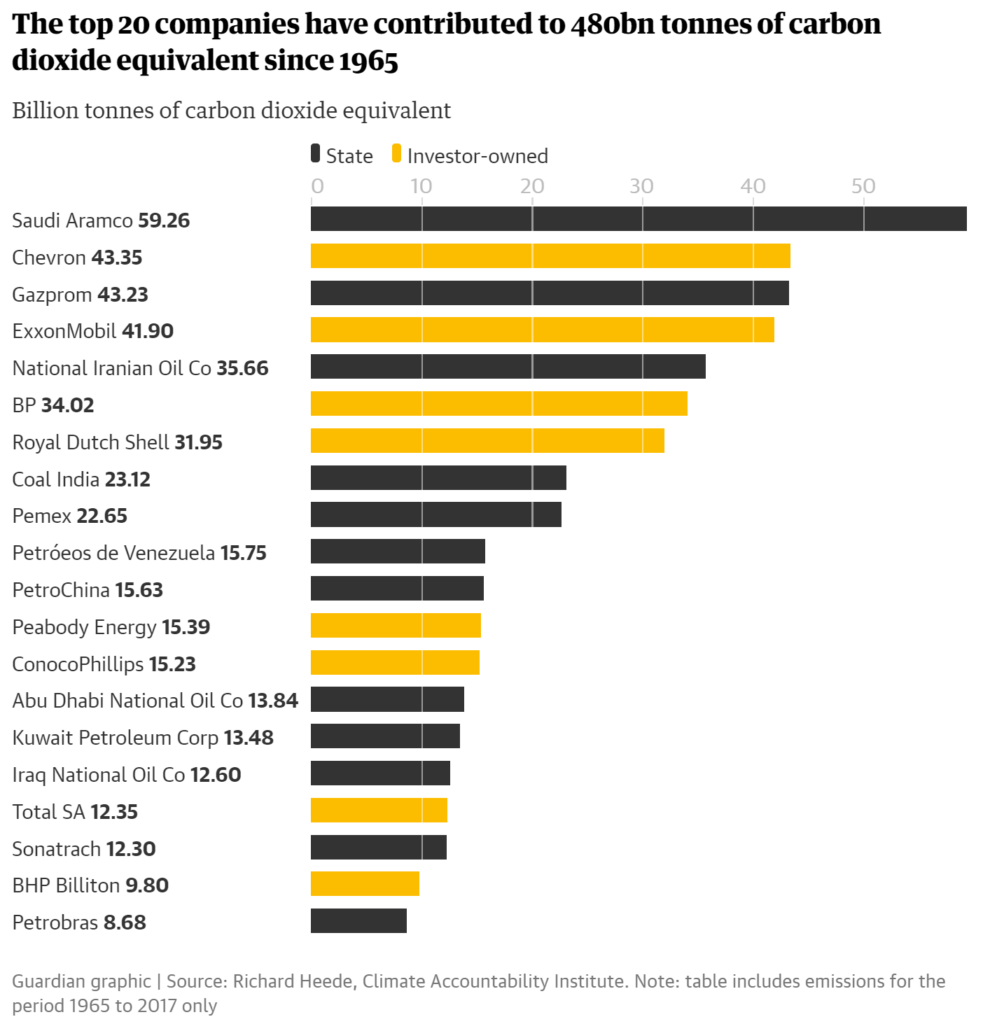
By Matthew Taylor and Jonathan Watts
9 October 2019
(The Guardian) – The Guardian today reveals the 20 fossil fuel companies whose relentless exploitation of the world’s oil, gas and coal reserves can be directly linked to more than one-third of all greenhouse gas emissions in the modern era.
New data from world-renowned researchers [Climate Accountability Institute] reveals how this cohort of state-owned and multinational firms are driving the climate emergency that threatens the future of humanity, and details how they have continued to expand their operations despite being aware of the industry’s devastating impact on the planet.
“The great tragedy of the climate crisis is that seven and a half billion people must pay the price – in the form of a degraded planet – so that a couple of dozen polluting interests can continue to make record profits. It is a great moral failing of our political system that we have allowed this to happen.”
The global polluters list uses company-reported annual production of oil, natural gas, and coal and then calculates how much of the carbon and methane in the produced fuels is emitted to the atmosphere throughout the supply chain, from extraction to end use.
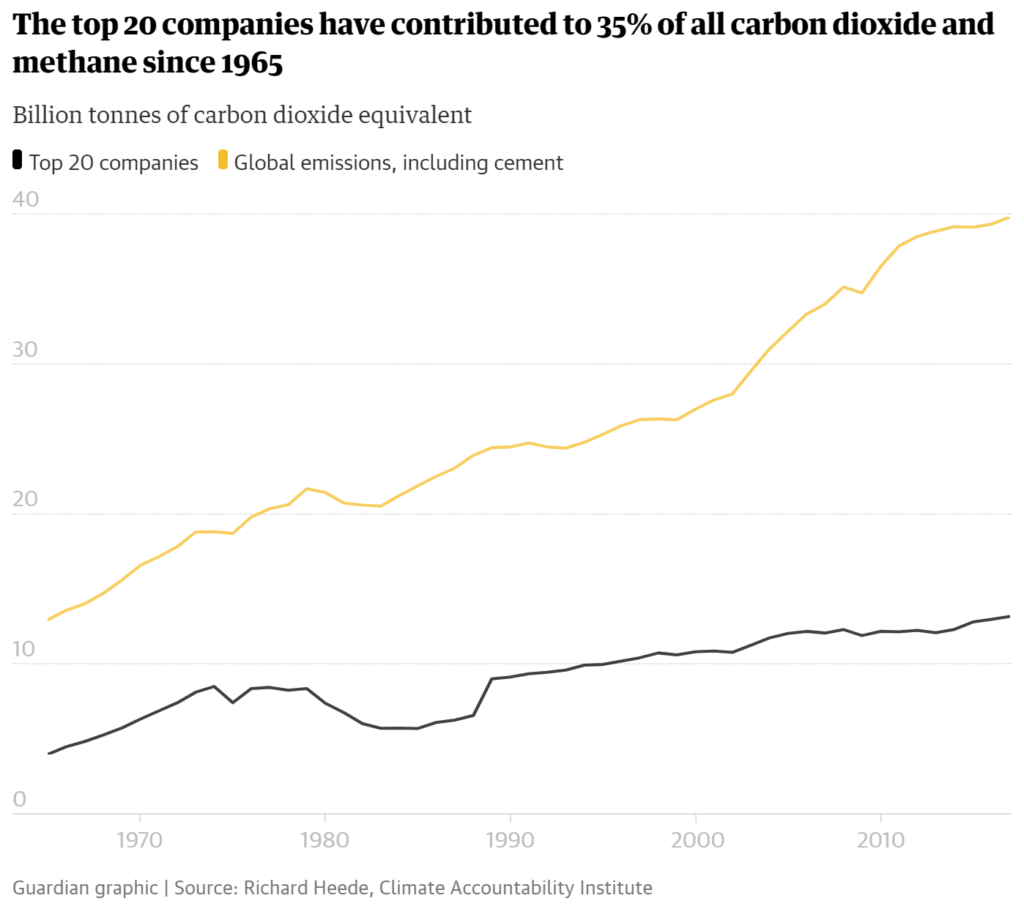
It found that 90 percent of the emissions attributed to the top 20 climate culprits was from use of their products, such as petrol, jet fuel, natural gas, and thermal coal. One-tenth came from extracting, refining, and delivering the finished fuels.
The Guardian approached the 20 companies named in the polluters list. Seven of them replied. Some argued that they were not directly responsible for how the oil, gas or coal they extracted were used by consumers. Several disputed claims that the environmental impact of fossil fuels was known as far back as the late 1950s or that the industry collectively had worked to delay action.
Most explicitly said they accepted the climate science and some claimed to support the targets set out in the Paris agreement to reduce emissions and keep global temperature rises to 1.5C above pre-industrial levels. […]
The latest study builds on previous work by Heede and his team that has looked at the historical role of fossil fuel companies in the escalating climate crisis. [more]
Revealed: the 20 firms behind a third of all carbon emissions
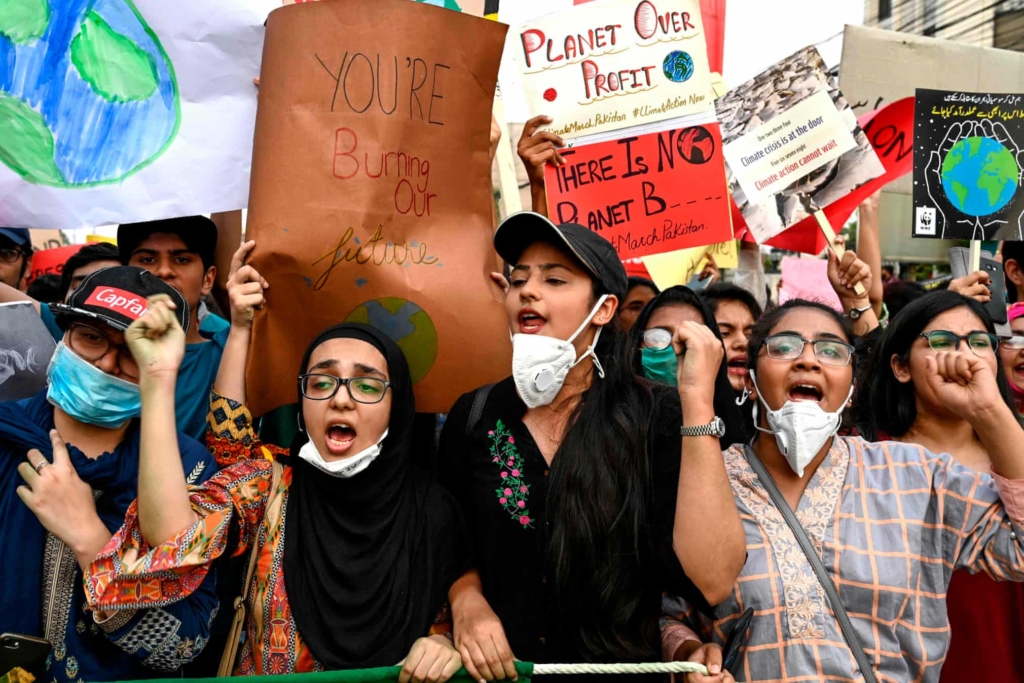
It’s time to rein in the fossil fuel giants before their greed chokes the planet
By Richard Heede
9 October 2019
(The Guardian) – We’ve long known that the big fossil fuel companies are responsible for a huge share of the world’s carbon emissions. Now the Climate Accountability Institute is publishing new data quantifying how much each of these has contributed to the climate crisis. We find that, chiefly from the combustion of their products, the top 20 companies have collectively produced 480bn tonnes of carbon dioxide and methane since 1965 – 35% of all fossil fuel emissions worldwide in that time. The worst offenders in the top 10 include Saudi Aramco (number one), Chevron, ExxonMobil, BP and Royal Dutch Shell.
Seven-eighths of emissions attributed to the top 20 carbon producers is from use of their products – petrol, jet fuel, natural gas and coal – and one-eighth from extracting, refining and delivering finished fuels. These carbon fuels are produced and marketed to consumers with the knowledge that they will worsen the climate crisis. For the most part, these companies are ignoring calls to urgently shift investment from exploration and production of carbon fuels to the renewable and alternative technologies required to reduce global emissions in alignment with the science-based target to eliminate net carbon emissions by 2050.
In my view, fossil fuel firms were morally and legally obliged to warn that continued use of carbon fuels threatens our health and welfare, and to accelerate the conversation on how to reduce the threat. Instead the industry has for decades invested millions in climate denial and obfuscation in order to delay legislative action and avoid losing market share.
At the same time oil, natural gas and coal companies have benefited for decades from hundreds of billions in government subsidies incentivising fossil fuel development, as well as regulatory preferences and other taxpayer-funded costs, such as military protection for shipping lanes.
Overall, companies are the beneficiaries of what climate economist Nicholas Stern has called the “greatest market failure the world has seen”. We need to eliminate subsidies and regulatory preferences, and to price carbon so as to “internalise” the vast costs of climate damages now mostly paid by people who did not cause the problem, such as today’s farmers and tomorrow’s children. [more]
It’s time to rein in the fossil fuel giants before their greed chokes the planet
